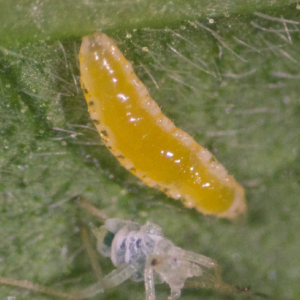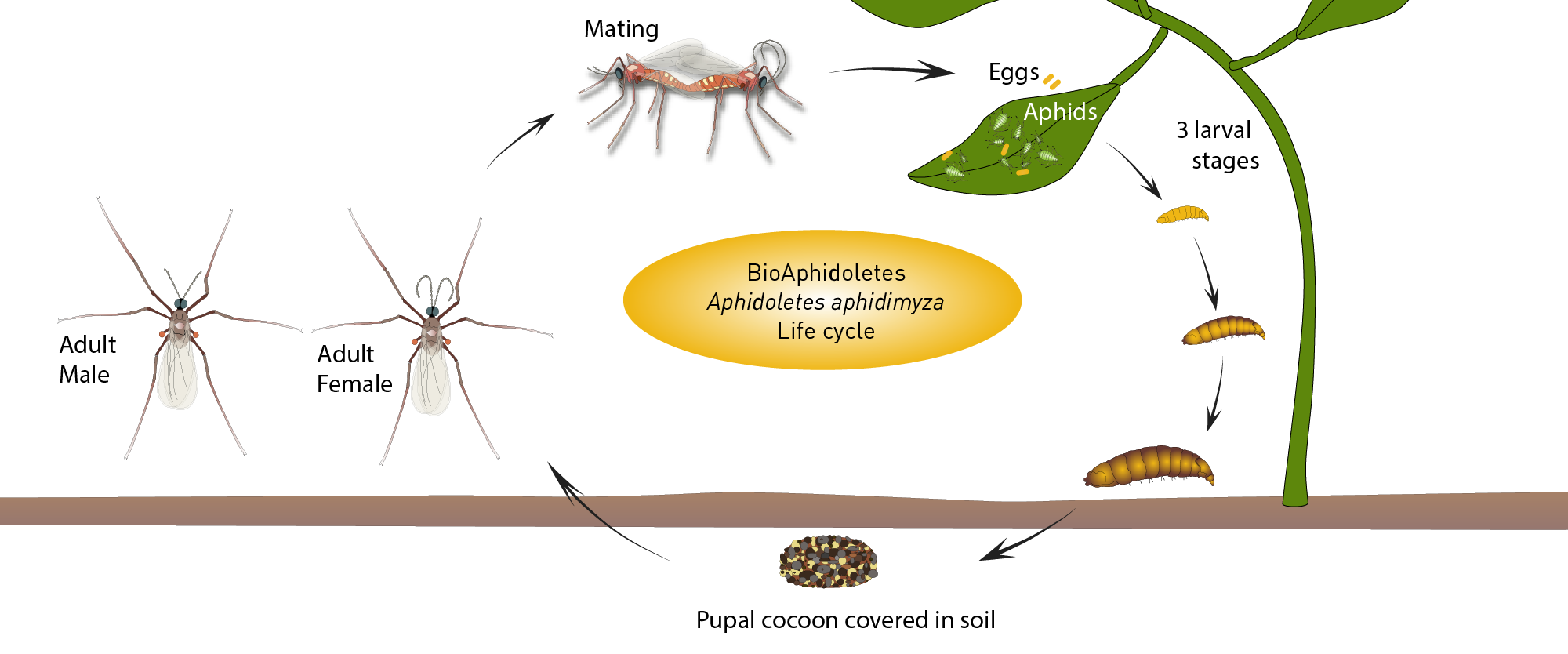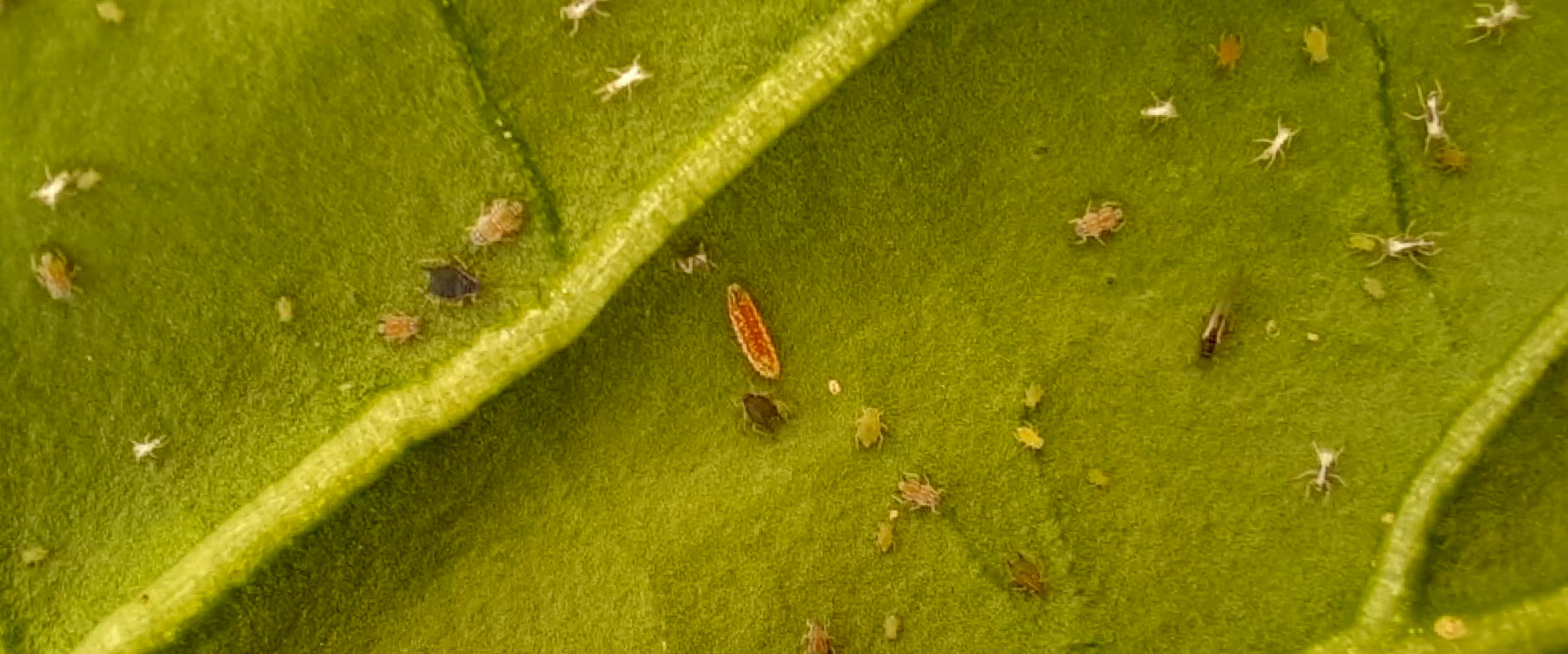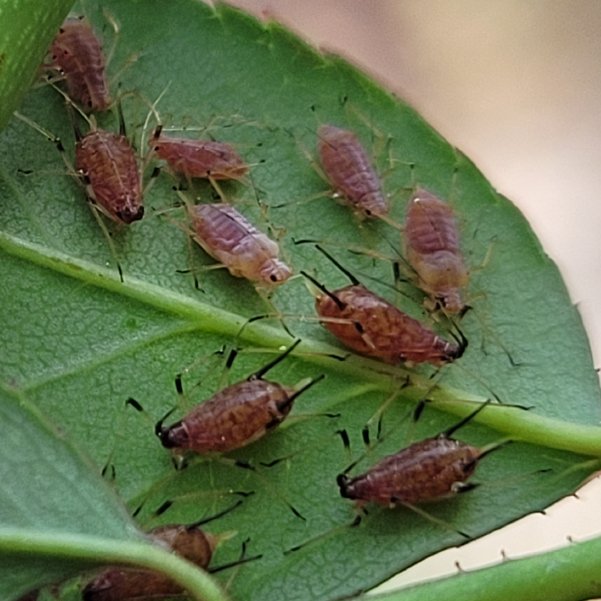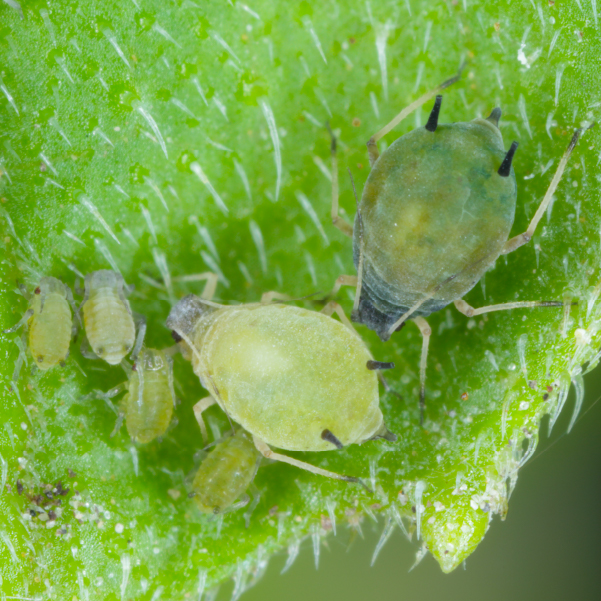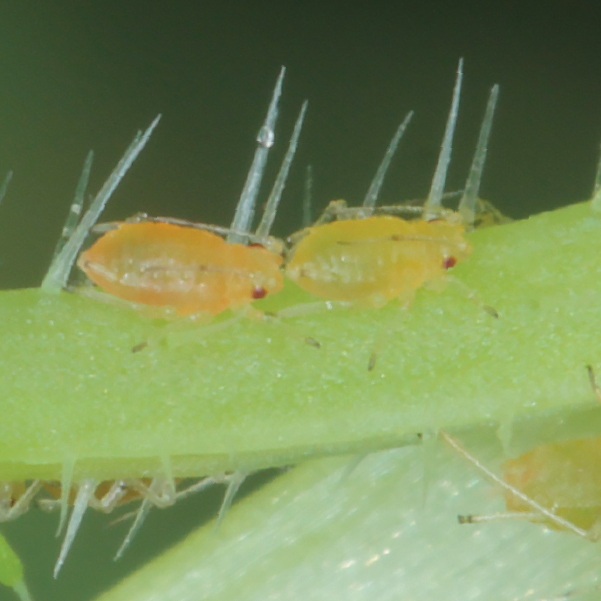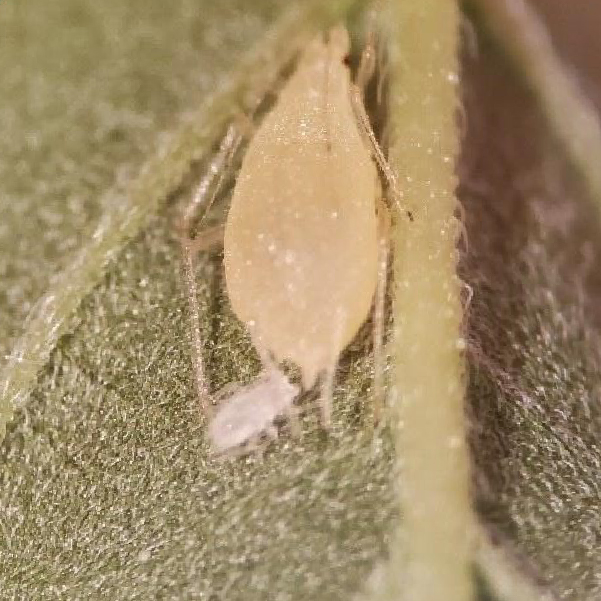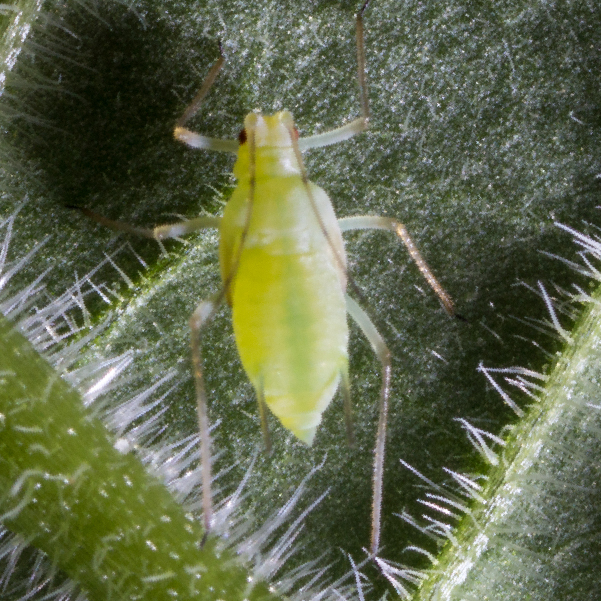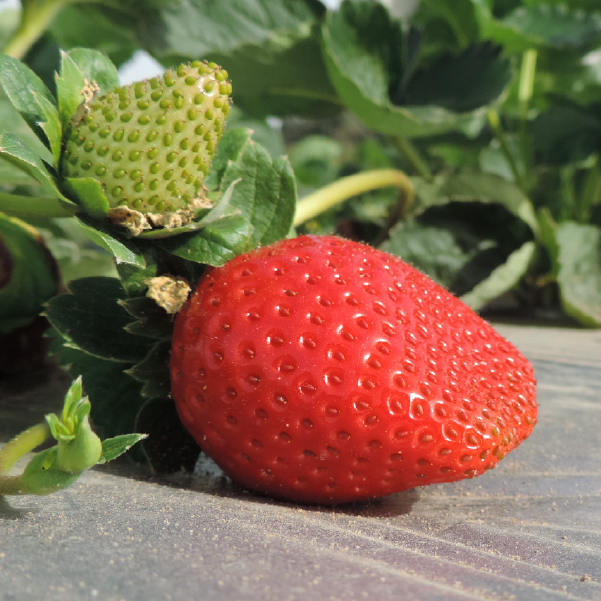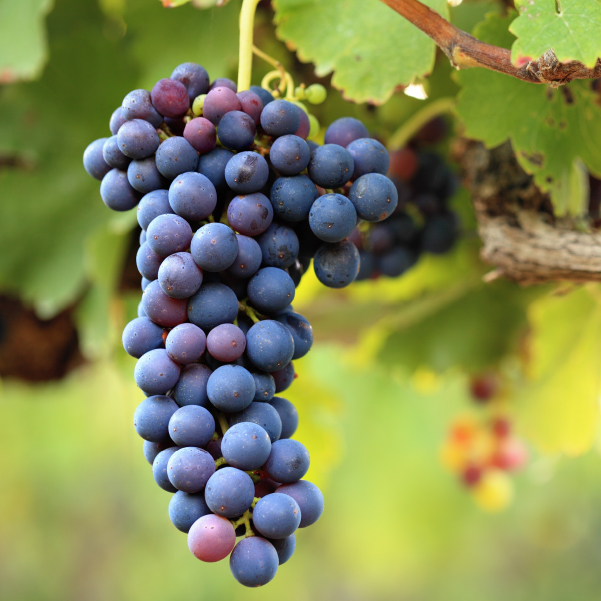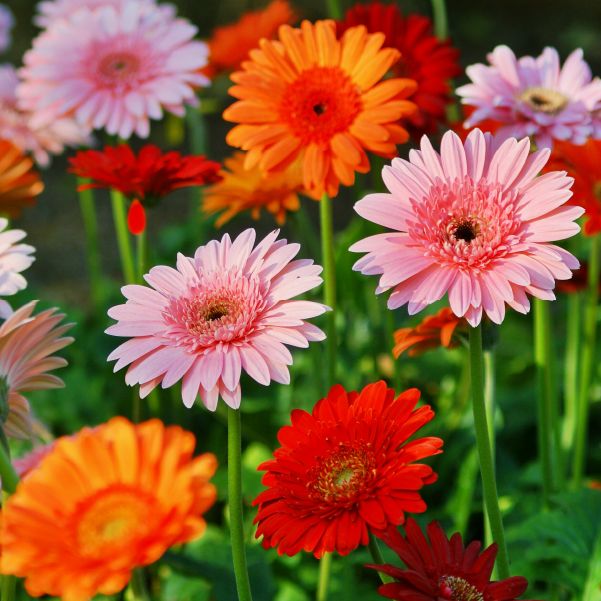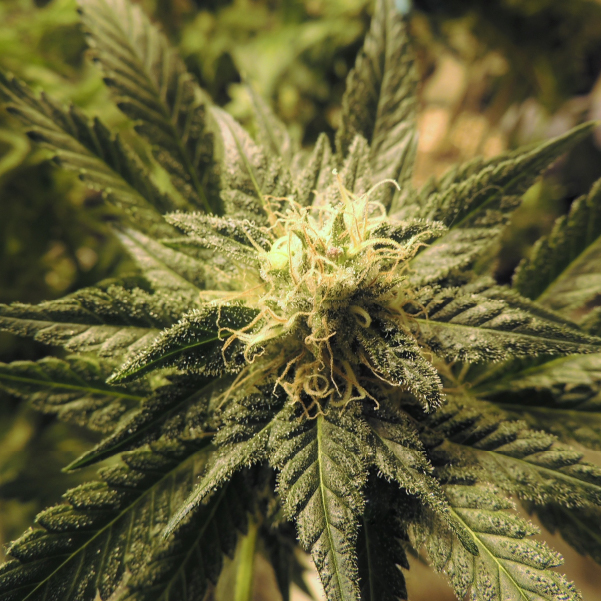BioAphidoletes (Aphidoletes aphidimyza), commonly referred to as the gal midge, is a midge whose larvae feed on over 70 aphid species. Adults are small, delicate, mosquito-like flies with long, dangling legs and long antennae. Their eggs are oval, minute ( 0.1 mm – 0.3 mm) and orange. Adult A. aphidimyza feed on honeydew, their larvae (which look like orange maggots) although tiny, feed and consume larger aphids. Depending on their food source, they are bright-orange to red.
Aphid colonies secrete a honeydew odor that attracts adult A. aphidimiza. They deposit their eggs in these colonies so the larvae have a direct food source once they hatch. The larva paralyzes the aphids and proceeds to feed on them.
Consult your local BioBee representative for additional details.
Target Pests
Product
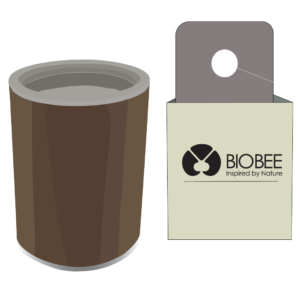
BioAphidolete is packaged in a container with 1,000 parasitized pupae.
D-boxes can be used to apply BioAphidolete throughout the crop
Application
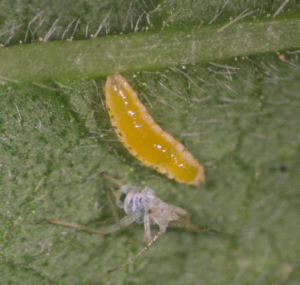
- Before application, treat the area against ants.
- BioAphidoletes is shipped in insulated, chilled boxes. Packaging must be kept intact until placed in the field.
- Keep in a cool location until release.
- Place the product adjacent to aphids hot spots.
- Distribute the wasp pupae in the D-box and place them on the branches of the plant.
- Do not expose the bottles to direct sunlight.
The introduction rate of BioAphidolete should be determined according to the crop and rate of infestation.
Before combining BioAphidolete with any chemical pesticide in the crop, please consult your BioBee technical field representative.
Crops
Storage
-

Storage temperature
-

Do not store in sunlight
-

Treat area against ants
-
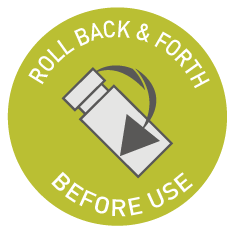
Roll back & forth before use
-

Store horizontally
Disclaimer
BioBee Sde Eliyahu Ltd. produces and markets biological products. Production is carried out using innovative techniques under controlled quality assurance standards such as ISO 9001:2015, as well as IOBC’s international standards for mass-production of insects. All products are tested to meet specification requirements before leaving the factory.
The success of biological pest control is affected by the crop’s initial pest population (upon application of the product), weather conditions and chemical residue present in the crop, among other possible aggravating factors.
Under no circumstance shall BioBee be liable for the outcome of the implementation in the field, as it has no control over local conditions, the application method, or the possible improper treatment/storage of the product.
